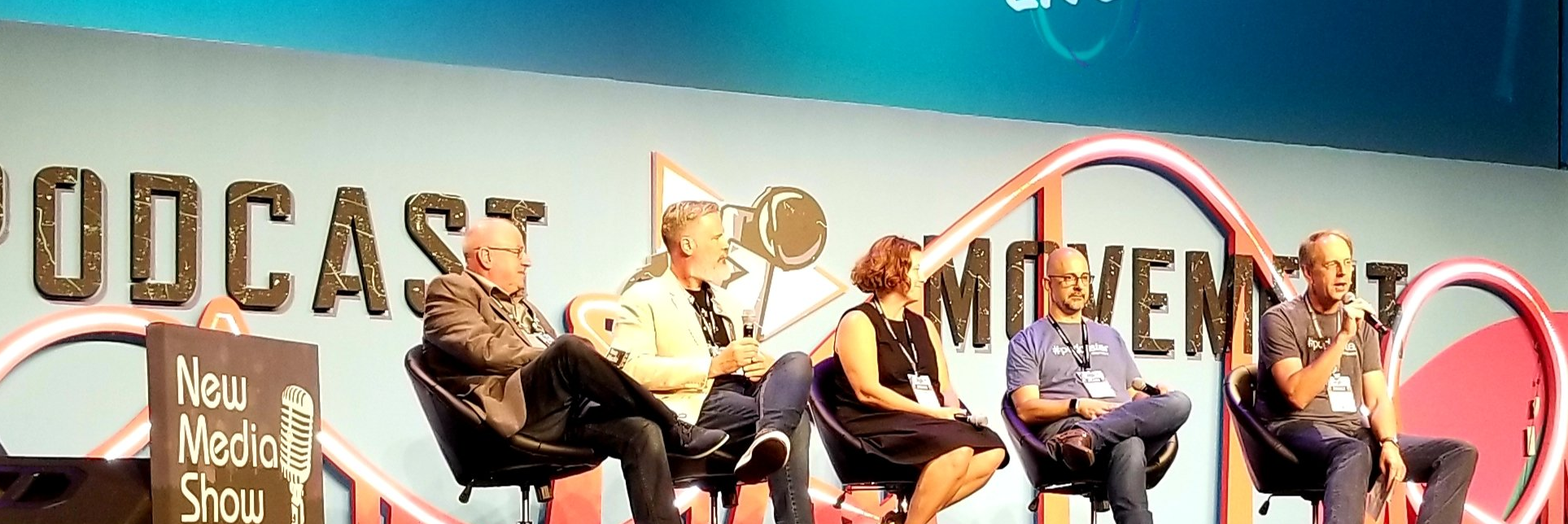By Rob Greenlee
 Every time I step into a car with an AM/FM radio, I am reminded about the concept of simplicity and ease of use as key reasons why radio grew to have such a large listening audience.
Every time I step into a car with an AM/FM radio, I am reminded about the concept of simplicity and ease of use as key reasons why radio grew to have such a large listening audience.
When I contrast the current in-car radio experience with present podcast usability, the AM/FM radio experience is still winning the simplicity test and audiences today.
We have seen usability and simplicity gains of on demand audio and podcasting technology over the past 10 years. This adoption has started to erode the listener base of in-car radio and is causing a gradual increase in on demand audio podcasts usage. The iPod synchronization model using a cable of the past has been replaced by always internet connected smartphones and mobile computing devices that has driven the improvements in simplicity and access to on demand podcast audio content to more and more people.
The power of radio is linked to creating a more lean back type of experience around getting the content, but the content we are getting via radio just may not always be what we really want at that moment. Over the past 30 years, we have expected audio content to be managed for us by human curation.
Human curation of audio and original content creation has always been strength of broadcast radio stations, but over time we have seen the gradual erosion of the content quality and originality at radio stations as the cost of curation and creation has gone up. This drove increased need to monetize radio stations businesses and thus causing radio listeners to dislike the amount of commercial advertising spots.
Smartphones and smart agent technologies like Siri, Cortana and Alexa/Echo are pushing into a new era of machine learning, voice interaction and artificial intelligence that will understand our interests and favorites to better deliver podcasts we want when we want them anywhere. This machine learning and artificial intelligence will drive understanding that is contextual to location and interests in the car center around things like music, local news, traffic, weather and local sports events. These mobile technologies will also know and correlated with other data from searches and other media consumption patterns.
This direction seems complex and potentially confusing to podcast listeners, but I think it will bring ease of use and more simplicity to listener consumption of podcast content as we look into the future.
The best example of this is the Amazon Alexa/Echo interactive voice platform and its move to becoming an internet of things platform with podcasts being available upon voice request and management from many types of devices in our homes, work and cars.

Pingback: Amateur’s Information To Podcasting With WordPress - WrapWordPress - Wordpress Tutotrial and Theme and Plugin Review